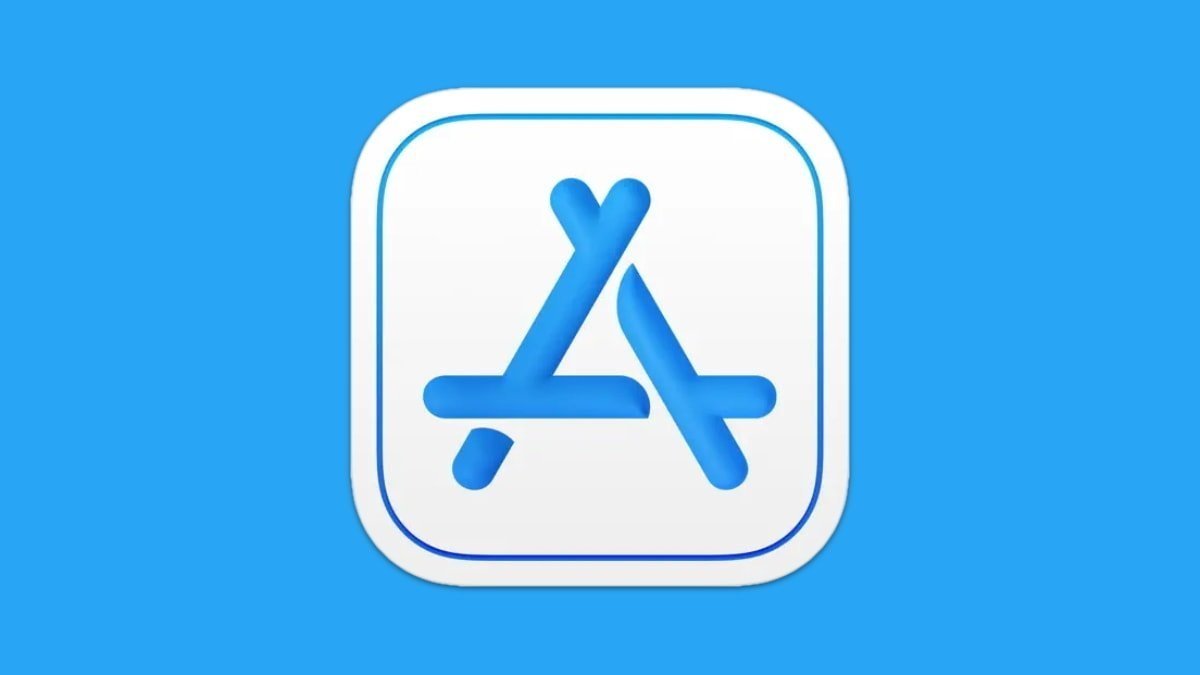Apple has announced its new Advanced Commerce API, designed to provide app developers the ability to manage large catalogs of in-app purchases or subscriptions.
The announcement was published on Apple's developer page, along with the eligibility requirements. The Advanced Commerce API aims to help app developers with exceptionally large content catalogs and creator experiences, as well as those who have subscriptions with optional add-ons within their apps.
The iPhone maker's new API will enable a new way of managing in-app purchases, meaning that developers will no longer need to rely on App Store Connect. Developers will be able to use either, or both, to manage their in-app purchases, assuming they receive access to Apple's Advanced Commerce API.
What developers will be able to offer, and why the API matters
The Advanced Commerce API can be used with various types of in-app purchases, including premium features and additional content, as well as digital goods. There isn't much information available about the new API, but it seems to enable large catalogs of in-app purchases and subscriptions without the need for tokens or coins.
In the area of mobile gaming, for instance, it seems users will no longer be forced to use digital currencies to obtain in-game items. Instead, they would have the option to purchase in-game items or power-ups directly through in-app purchases, effectively bypassing the need for an in-game currency system.
The example Apple offered suggested video streaming apps would be able to offer more bundle options for users. Rather than relying on third-party payment processing, and having to list every possible subscription option for each content creator or channel, developers can simply offer subscriptions as digital goods through in-app purchases.
According to Apple's website, the Advanced Commerce API will have no impact on developers' existing business terms or their commission rates. However, it seems like while it would simplify purchasing flows for users, it locks developers out of avoiding the commission by selling tokens through online storefronts.
Apple's rules say that purchases handled through the new API can't be promoted on the App Store, and that they cannot be used with certain App Store features. This means that Family Sharable in-app purchases and StoreKit testing in Xcode can't be used.
Access to Apple's new API will be distributed on a per-app basis only after a request is submitted by the application's developer. Even so, the company has a strict set of app and eligibility requirements that need to be met, meaning that the new API will not be available to everyone from the get-go.
More will be learned about the new API once developers have a chance to test its implementation. It could be net positive for developers and users, but there's a chance some part of this means deeper ties to Apple's payment system and commission.
Eligibility requirements for the Advanced Commerce API
According to Apple's website, the Advanced Commerce API is meant to provide developers with a powerful way of offering their content and services worldwide through in-app purchases. To use the API, however, App Store applications need to meet certain criteria. Specifically, an app must use in-app purchases with one of three eligible business models.

This includes apps with "exceptionally large catalogs" of one-time purchases, as well as apps with equally large catalogs of one-time purchases. While apps may offer differing content, they'll need to adhere to common rules. Eligible applications have to offer one or multiple subscriptions, with each being an in-app purchase.
Apps that offer subscriptions and contain additional in-app purchases are also eligible. As an example, the Apple Developer website says an entertainment app that offers subscriptions, as well as additional subscription add-ons in the form of premium channels or sports content, would be eligible for the Advanced Commerce API.
Apple says that the Advanced Commerce API can only be used with applications that already use the App Store commerce system. As for operating system support, the apps themselves must be compatible with iOS 15, iPadOS 15, visionOS 1, or watchOS 8.
The potential impact of Apple's new API
The Advanced Commerce API will undoubtedly lead to greater flexibility in the area of in-app purchases. Apple wants to give app developers more options and different ways of processing in-app purchases, a change that would ultimately simplify the purchase flow for end-users.
Through the newly announced API, users will be able to more easily purchase in-game assets or subscribe to their favorite content creators without relying on complicated systems, external websites, or implementations of in-game currency, allowing for a more streamlined experience.
This also means that developers will no longer need to manage or implement virtual currency systems for their games unless they so choose. Apple's eligibility requirements are rather rigorous, though, and requests to access the API are handled on an individual basis, meaning that we likely won't see any significant changes to in-app purchases in the near future.
Whether developers choose to embrace the new Advanced Commerce API or not remains to be seen. It all depends on the fine print and implementation details that will surface in coming weeks.